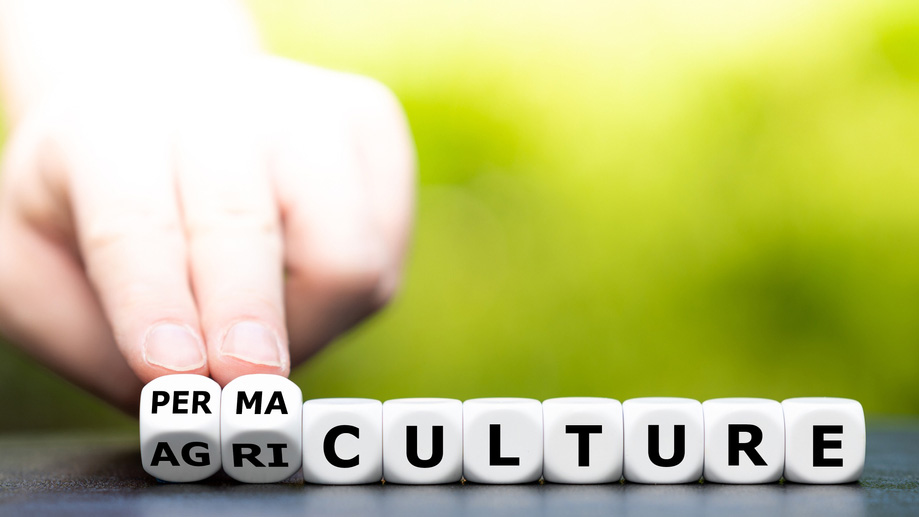Ah, gardening! An ancient art that awakens our deepest instincts to connect with nature. Why not combine the useful with the pleasant today by trying ecological gardening? Through permaculture and eco-friendly tips, you can transform your green space into a haven for biodiversity… and for your mind! Ready to get your hands dirty?
The Basics of Ecological Gardening
Ecological gardening is based on a simple philosophy: working with nature, not against it. This means fewer chemicals, more respect for natural cycles, and special attention to soil and plant health.
- Composting: The Gardener’s Treasure
Composting is the ecological gardener’s best ally. Not only does it enrich the soil with essential nutrients, but it also reduces waste. Fruit peels, coffee grounds, eggshells—everything can be used!
Smart Tip: Adding a layer of fallen leaves creates a perfect compost, like offering a cozy duvet to your soil. - Crop Rotation
To prevent soil depletion and diseases, rotate your crops each year. One year tomatoes, another year zucchinis, and your garden will sing a symphony of health. - Green Manures
Plant species like mustard or clover between crops. They protect the soil and naturally fertilize it when they decompose. Efficient, isn’t it?
Permaculture: An Ecological and Ethical Philosophy
Permaculture is more than a technique; it’s a way of life. It aims to create self-sustaining systems where each element benefits the others.
- Intelligent Design
In permaculture, observe before acting. Analyze sunlight, wind, and water flow to optimize your garden.
Smart Tip: Plant companion flowers like borage near your vegetables; they attract pollinators and repel pests. - Hügelkultur
This practice involves burying wood to enhance soil water retention. As the wood decomposes underground, it acts like a sponge, absorbing water during the rainy season to sustain crops through dry periods. - Sheet Mulching
Also known as lasagna gardening, this technique involves layering materials like cardboard, leaves, and wood chips over the soil. It suppresses weeds, retains moisture, and enriches the soil.
Extending the Benefits to Your Well-being
Ecological gardening isn’t just good for the planet; it’s therapeutic.
- A Mood Booster
Digging your hands into the earth releases cortisol, the stress hormone. Plus, contact with soil microbes boosts your immune system. - Gentle Physical Activity
Digging, planting, watering—gardening engages your whole body without you even realizing it. A fun way to stay fit. - Reconnection with Nature
Watching bees forage, smelling freshly bloomed flowers, tasting a just-picked tomato—these simple pleasures reconnect you with the essentials.
Advanced Techniques for Experienced Gardeners
- Lasagna Gardening
An eco-friendly method that involves layering different organic materials to create rich soil and promote rapid plant growth. - Plant Associations
Some plants protect each other. For example, carrots and onions repel each other’s pests. - Rainwater Harvesting
Installing barrels to collect rainwater is both eco-friendly and beneficial for your plants, which often prefer non-chlorinated water.
Conclusion
Adopting ecological gardening is about planting the seeds for a better world, both for the planet and yourself. You’re creating a sanctuary where life flourishes each season, providing peace and the satisfaction of contributing to a sustainable future. So, ready to become an eco-responsible gardener?
Sources:
- National Geographic – Permaculture Principles
- The Guardian – Gardening for mental health
- Royal Horticultural Society – Benefits of Mulching
- Science Direct – Soil Health and Composting
- American Society for Horticultural Science – Water Management in Gardening
- Wikipedia – Permaculture


